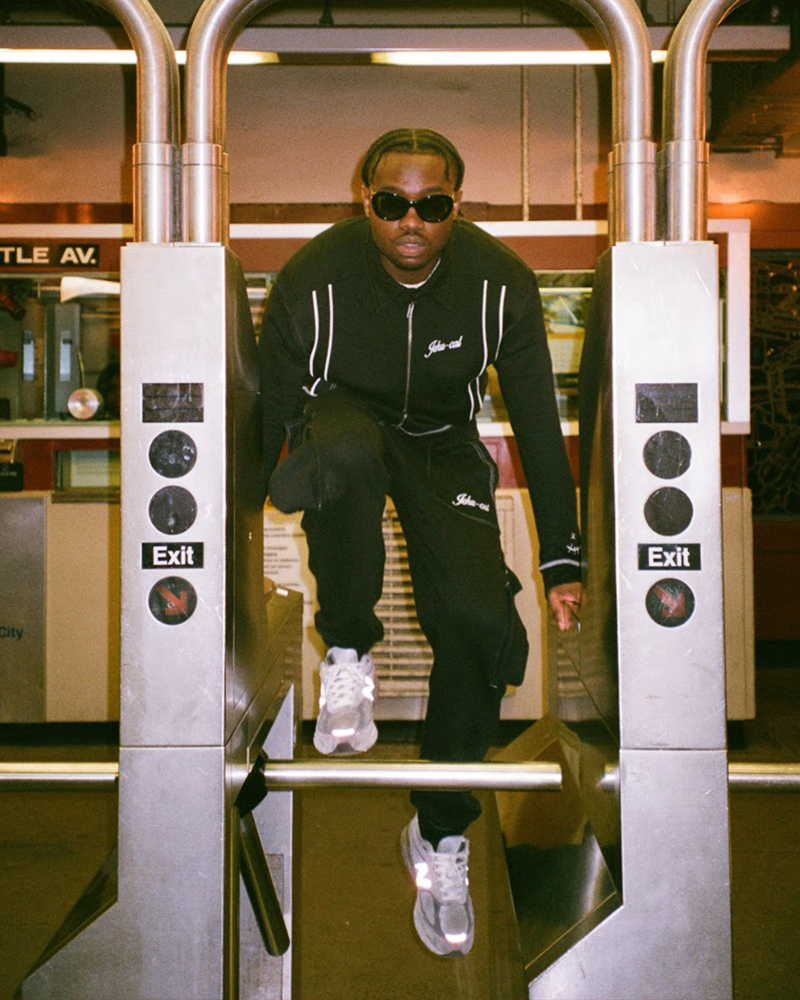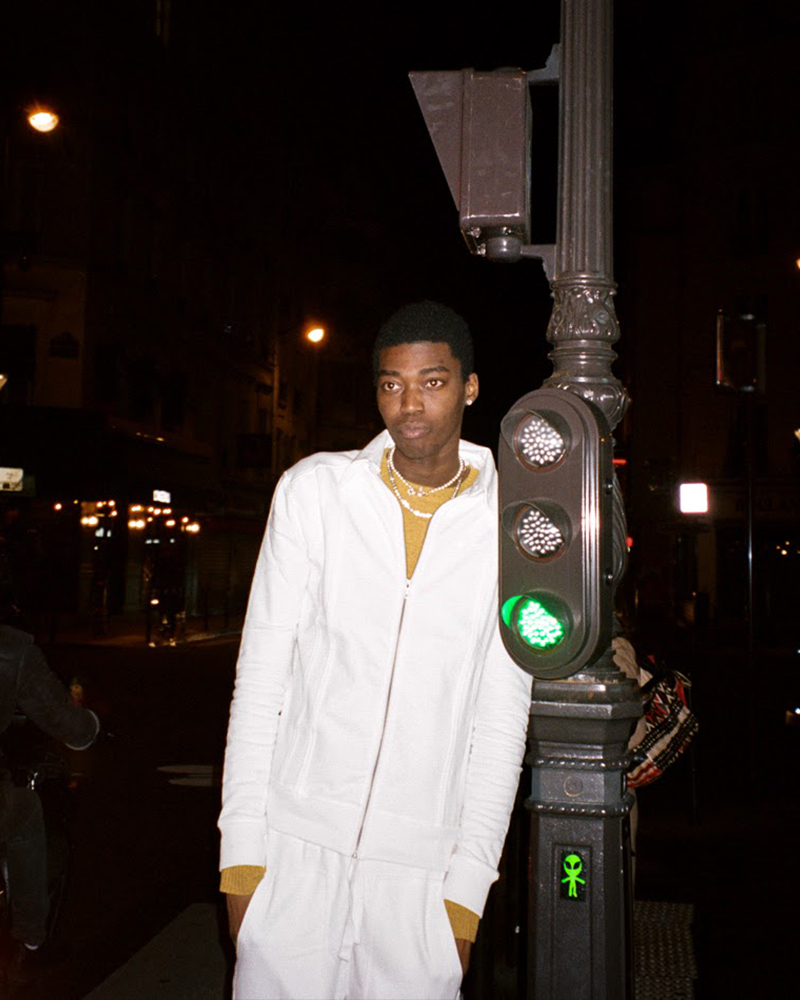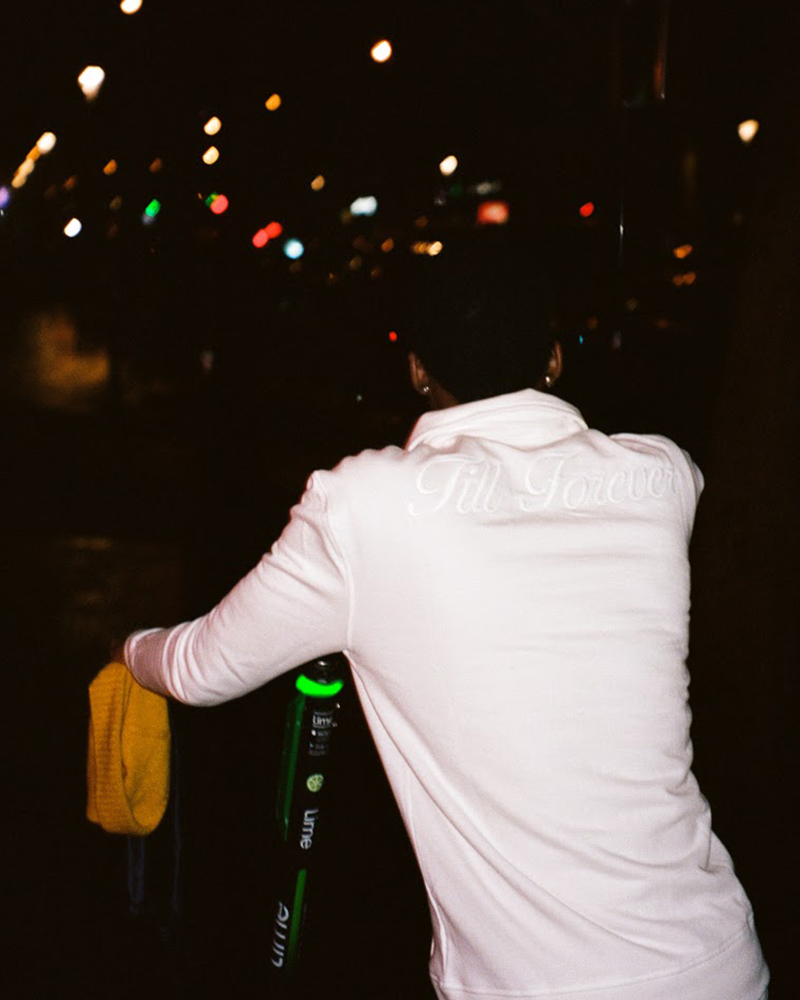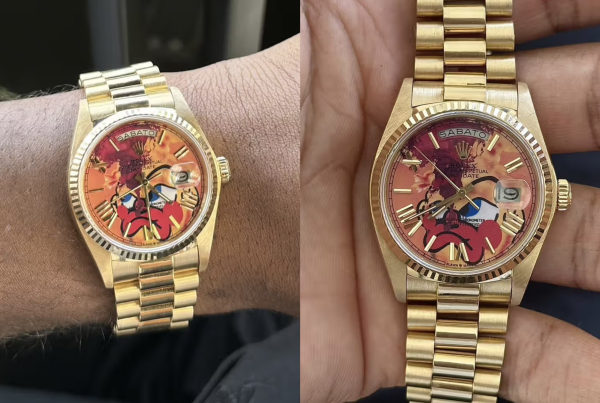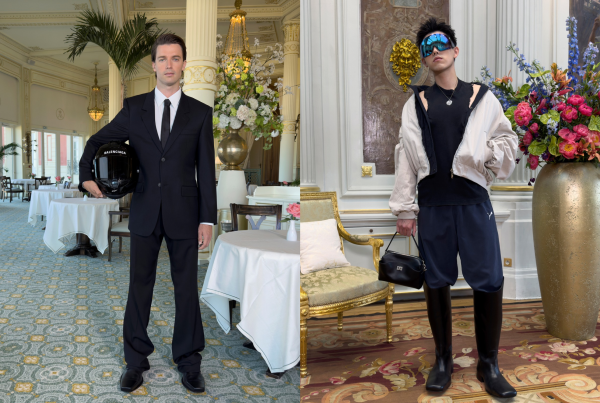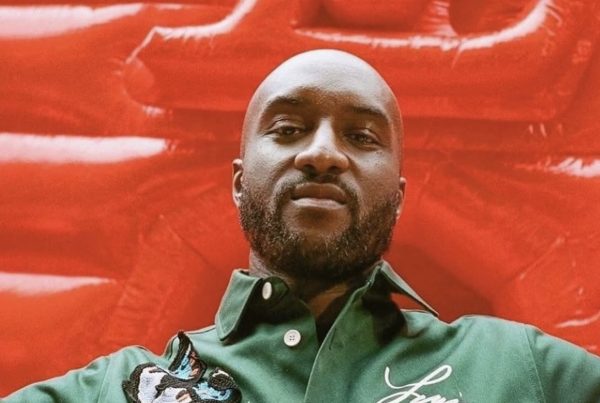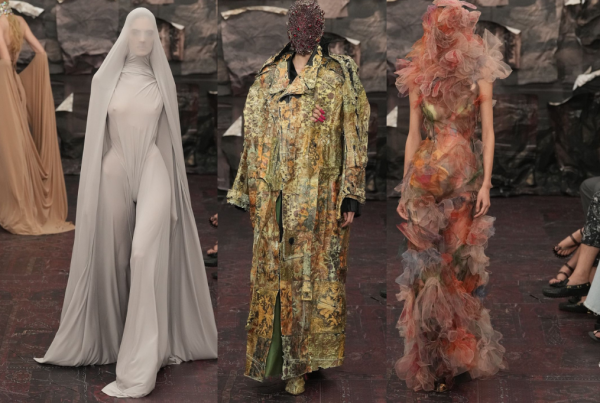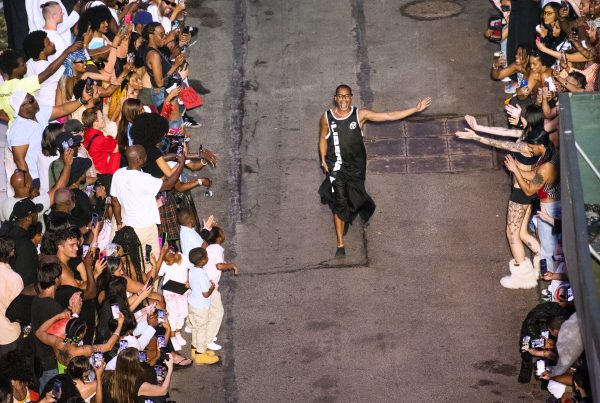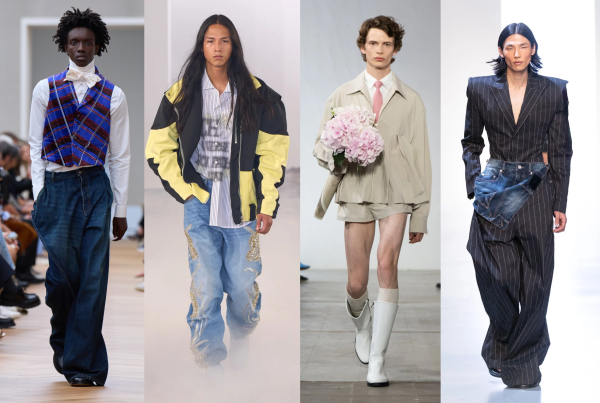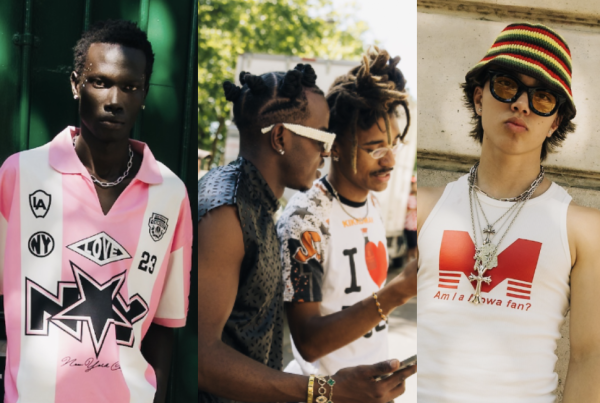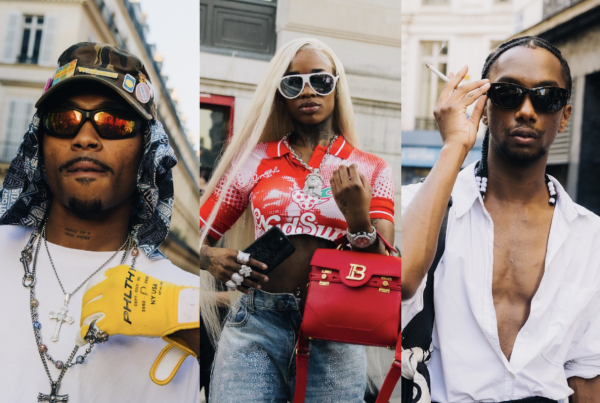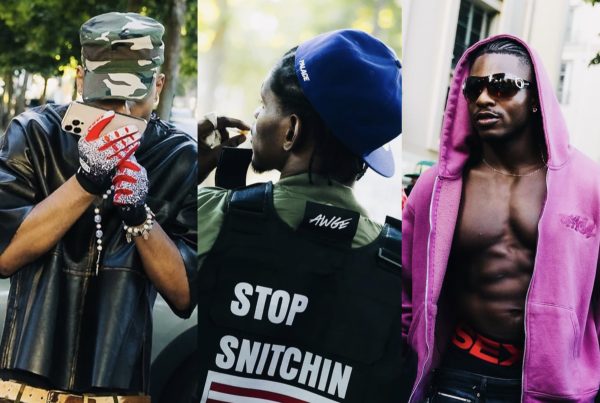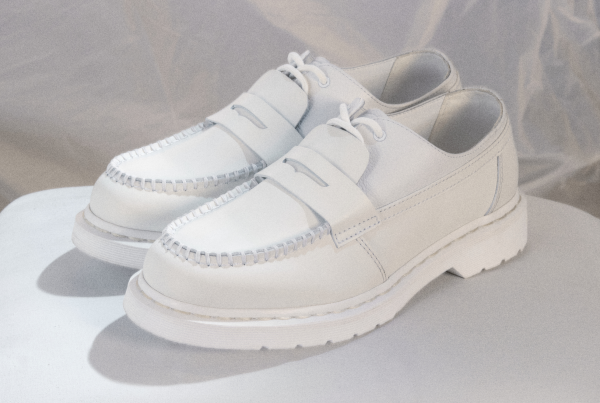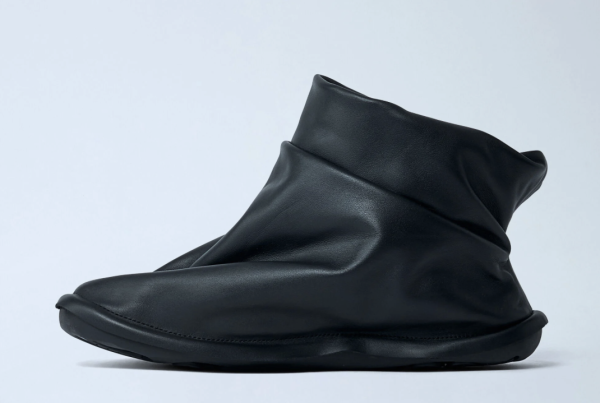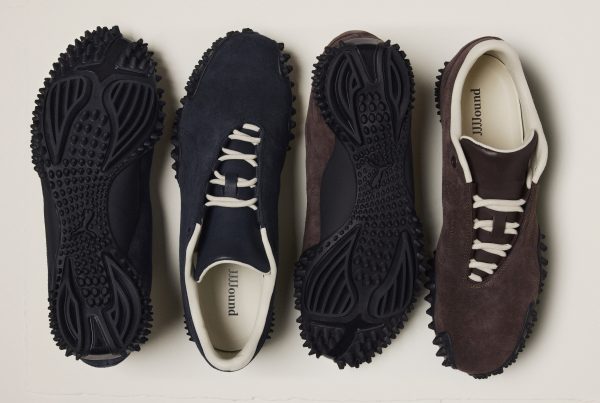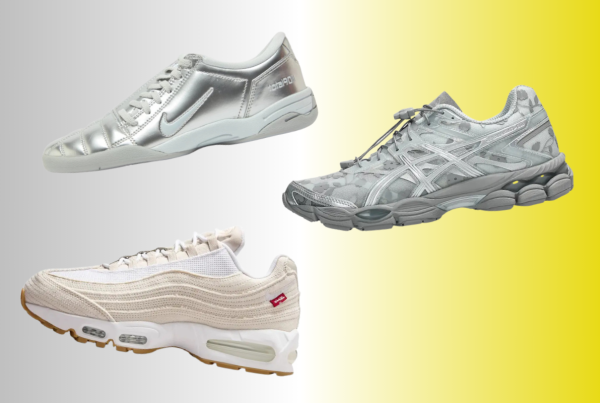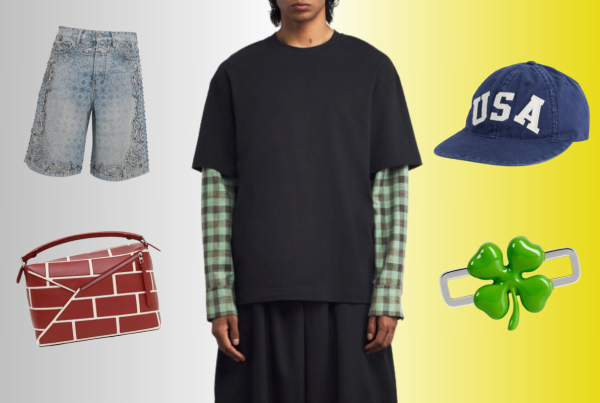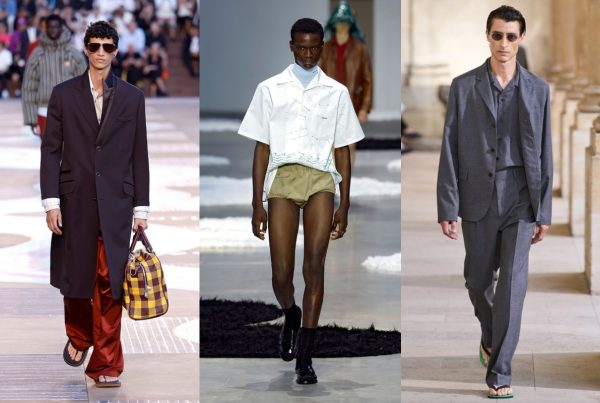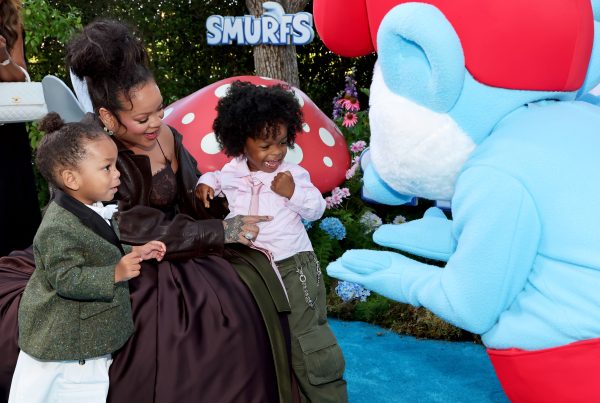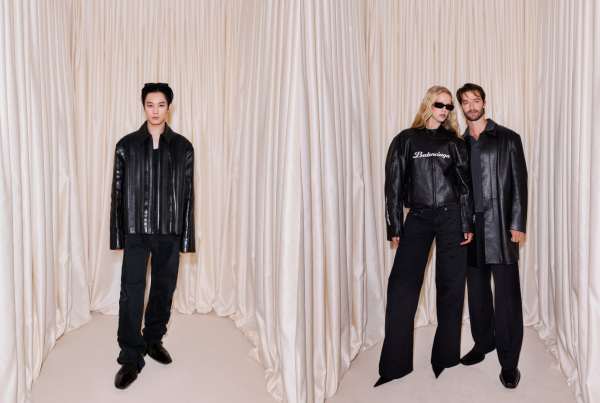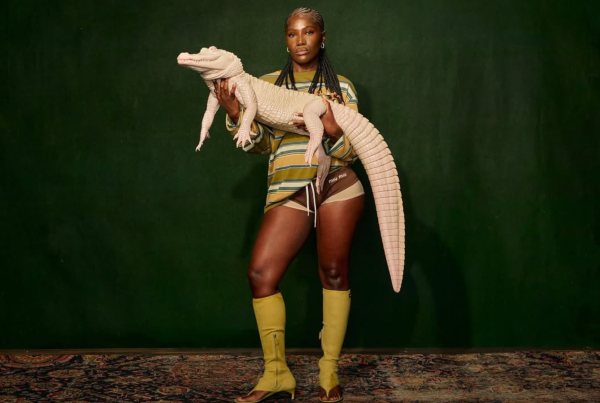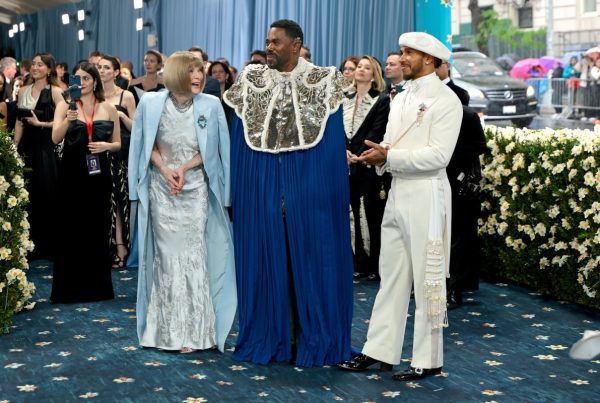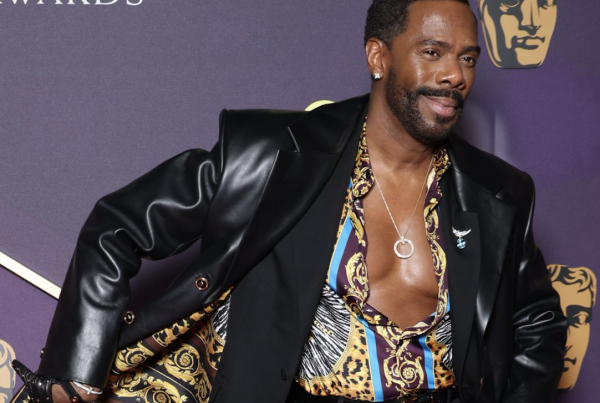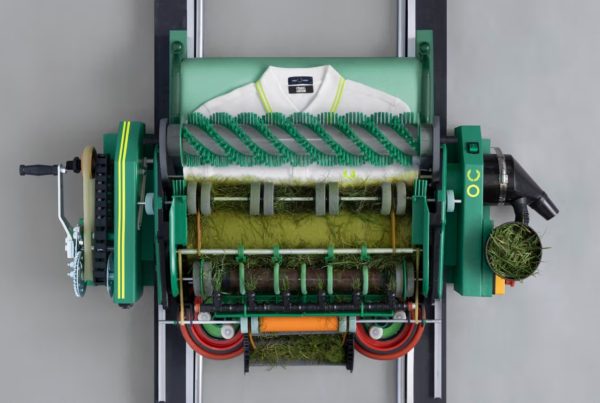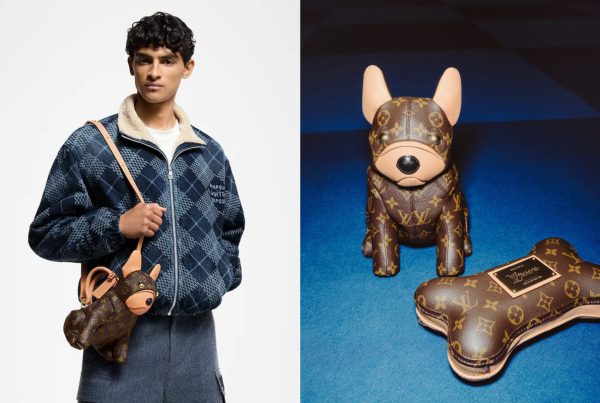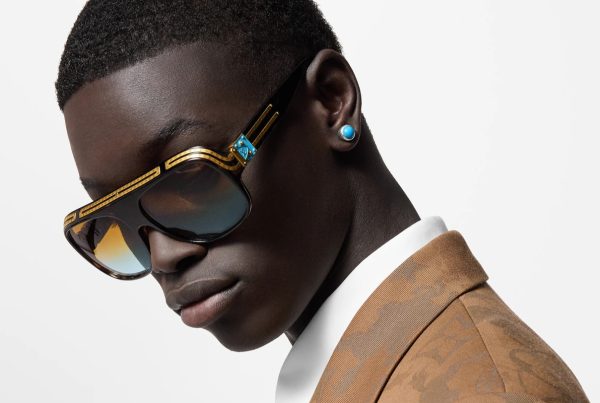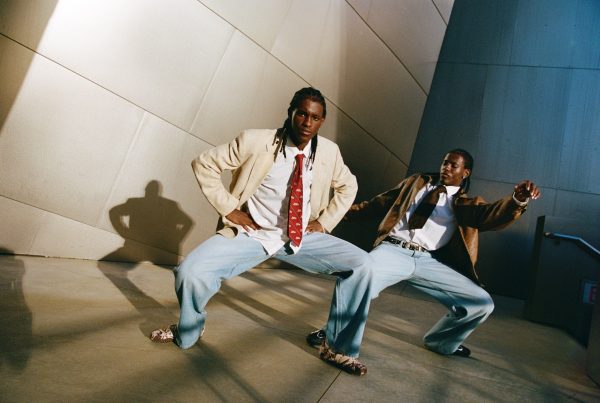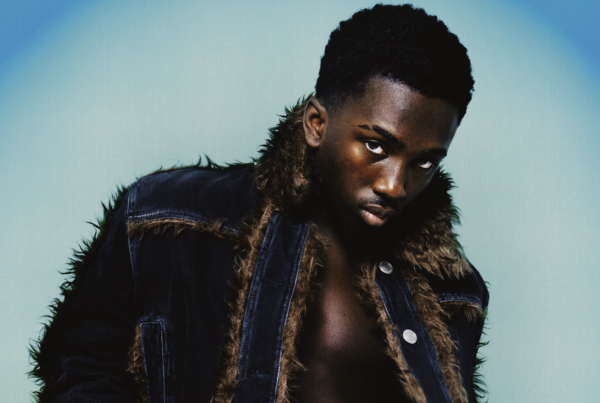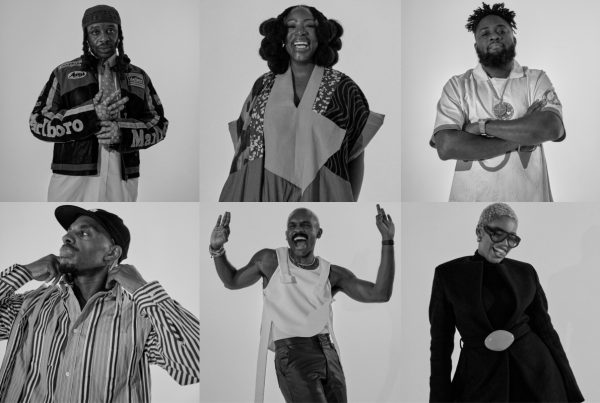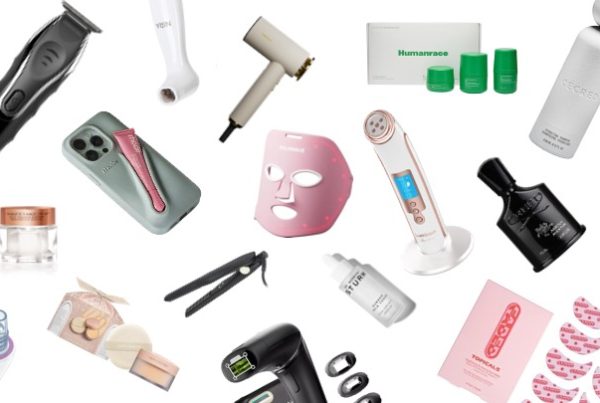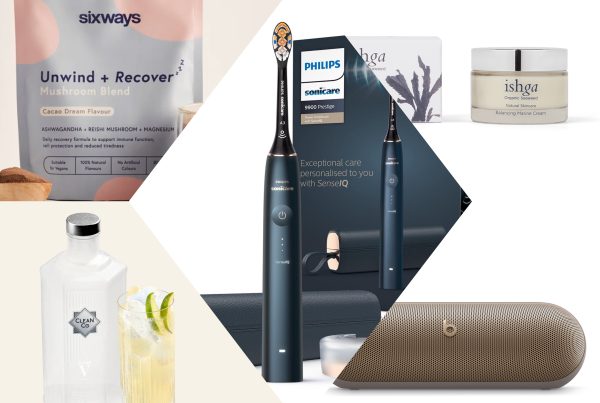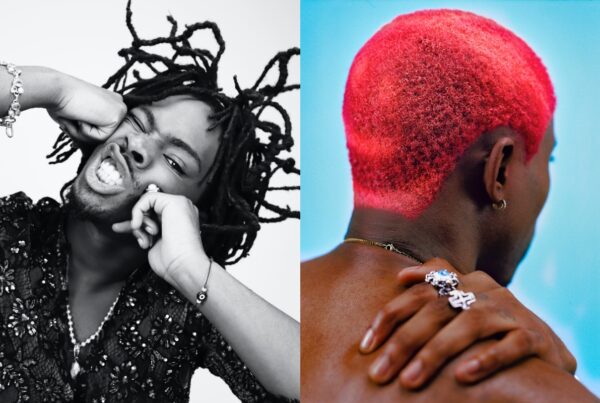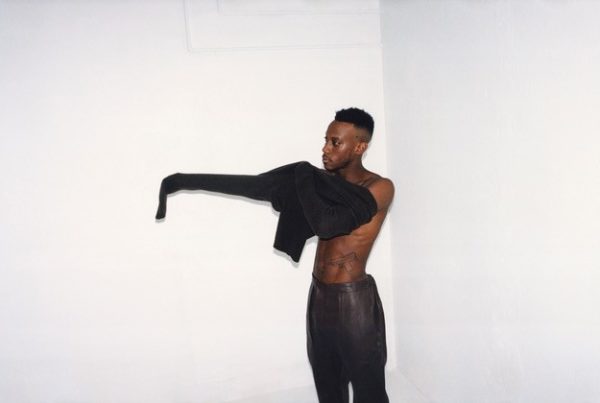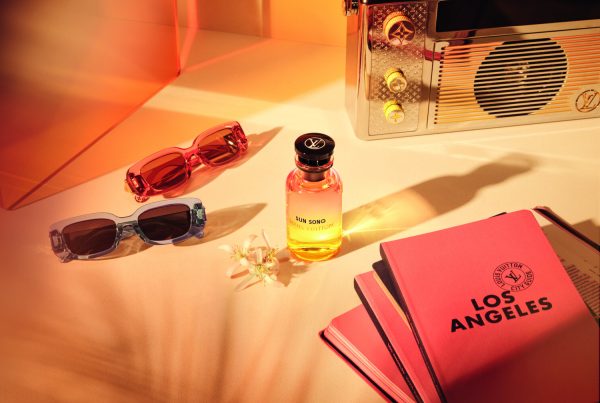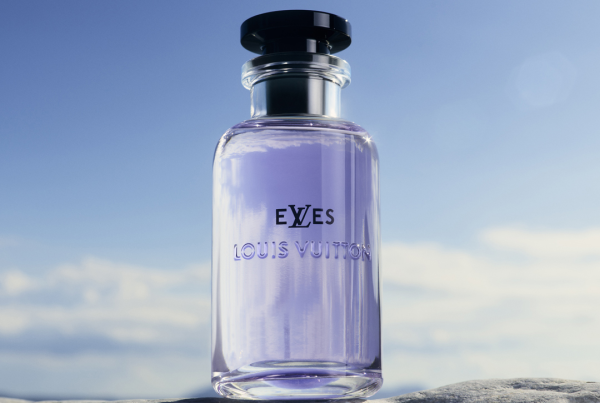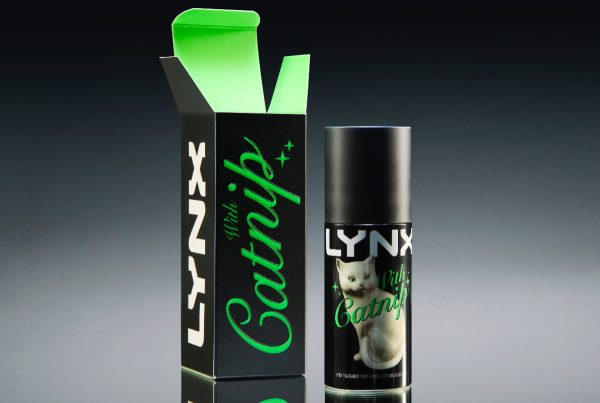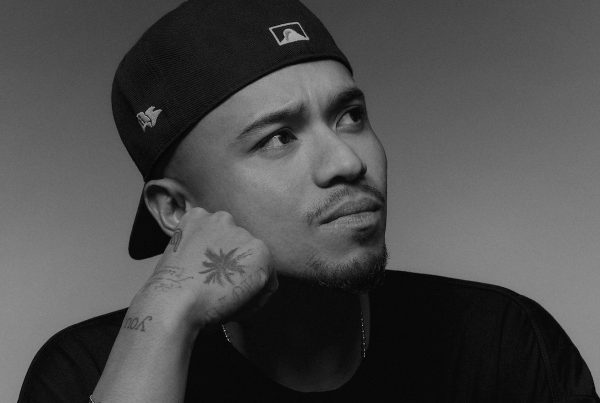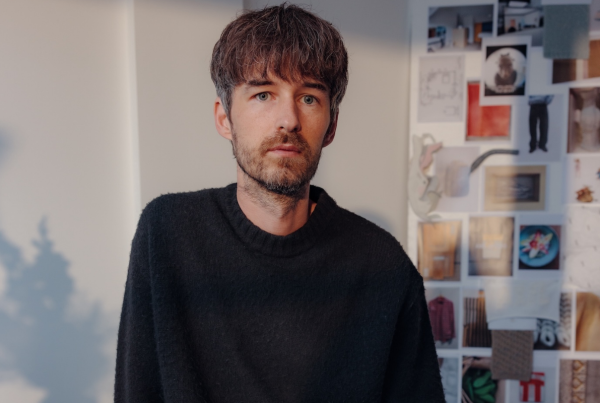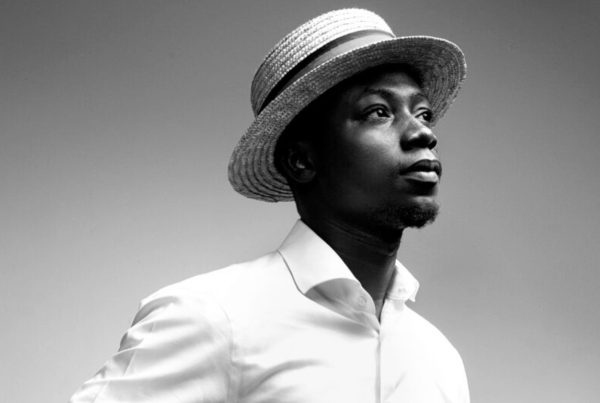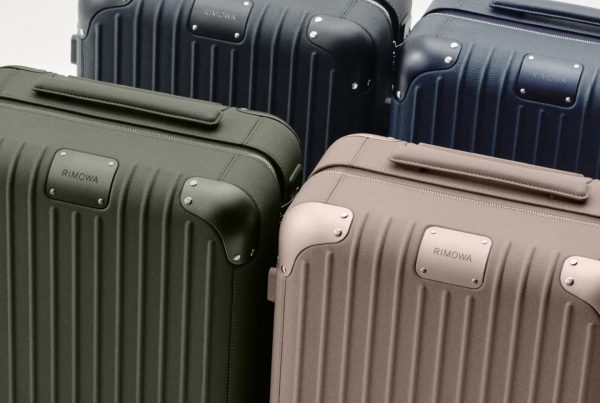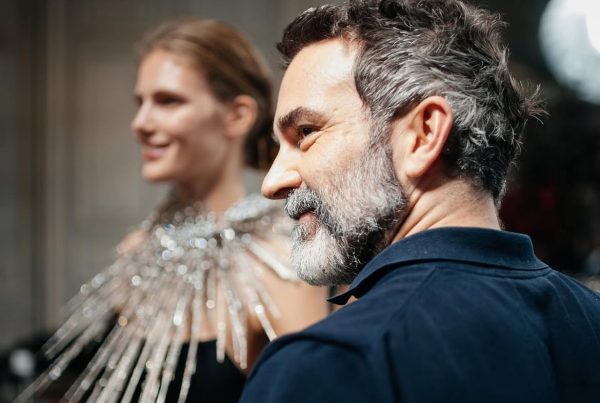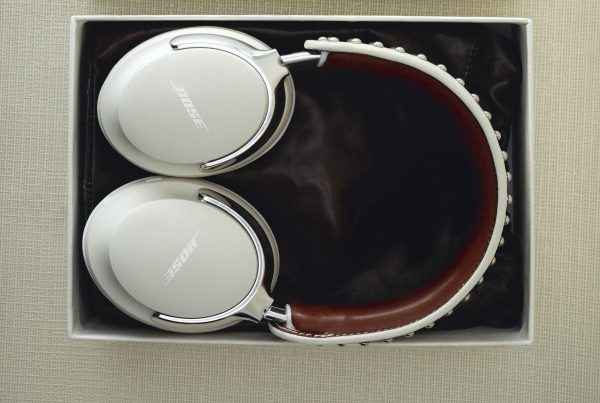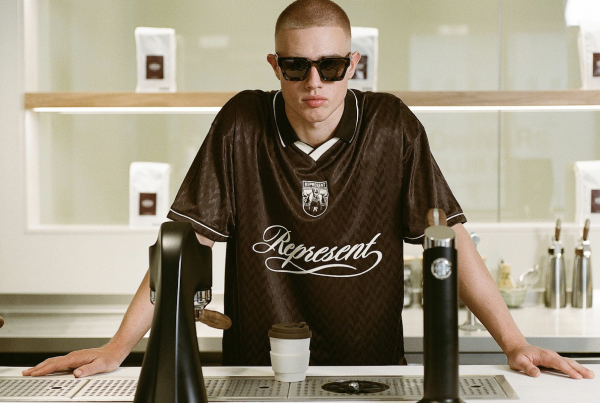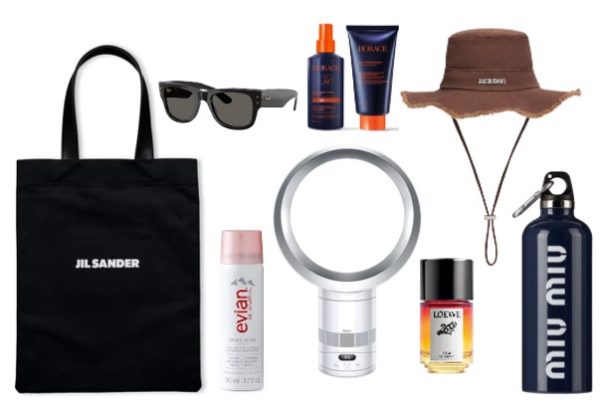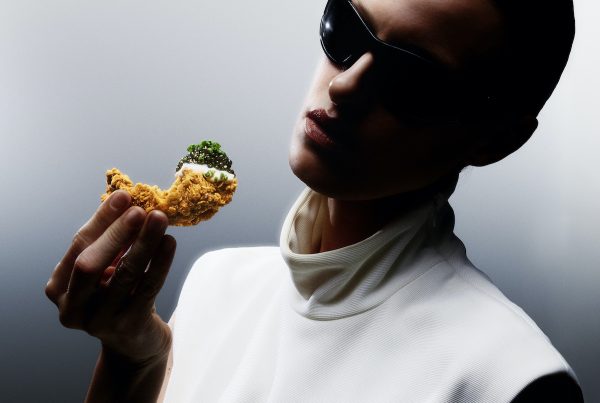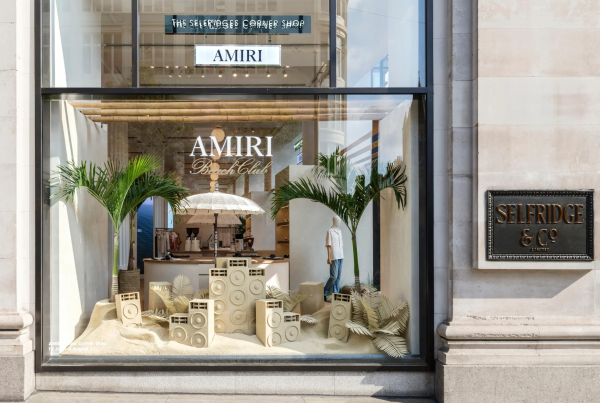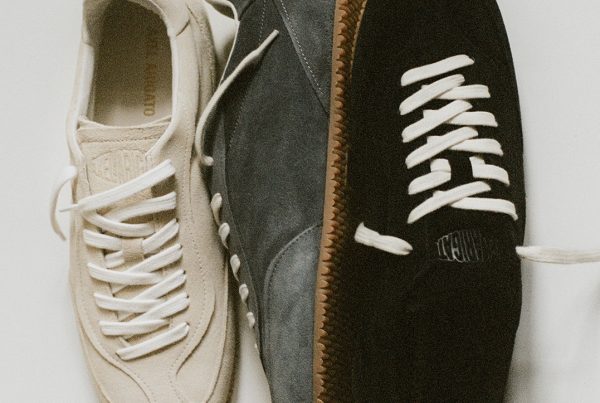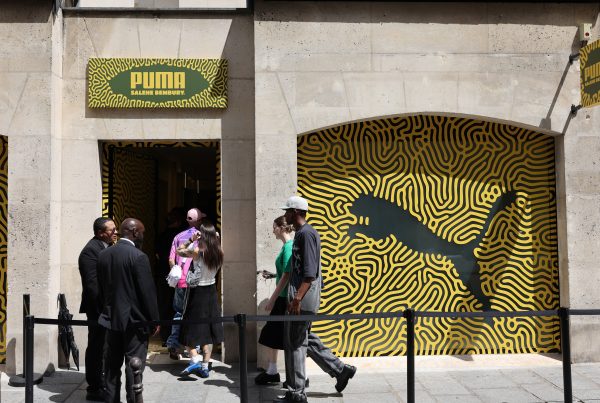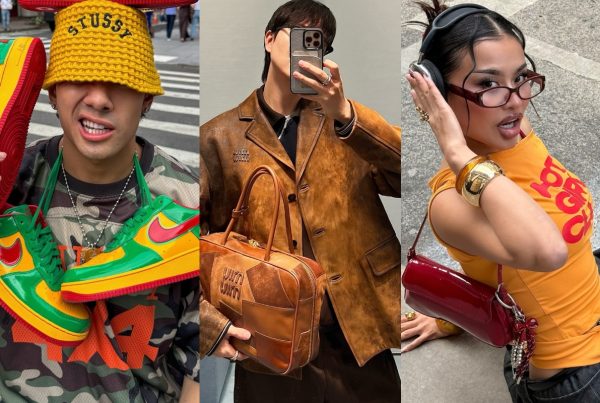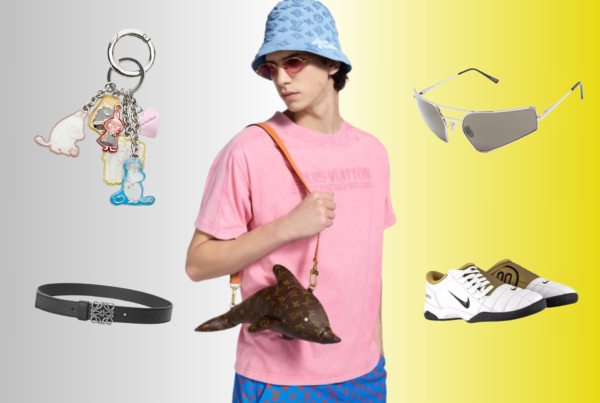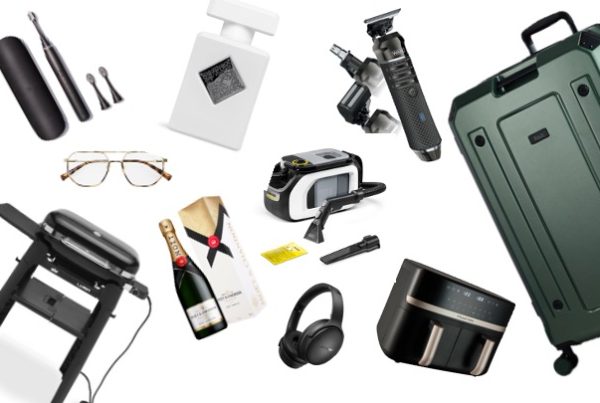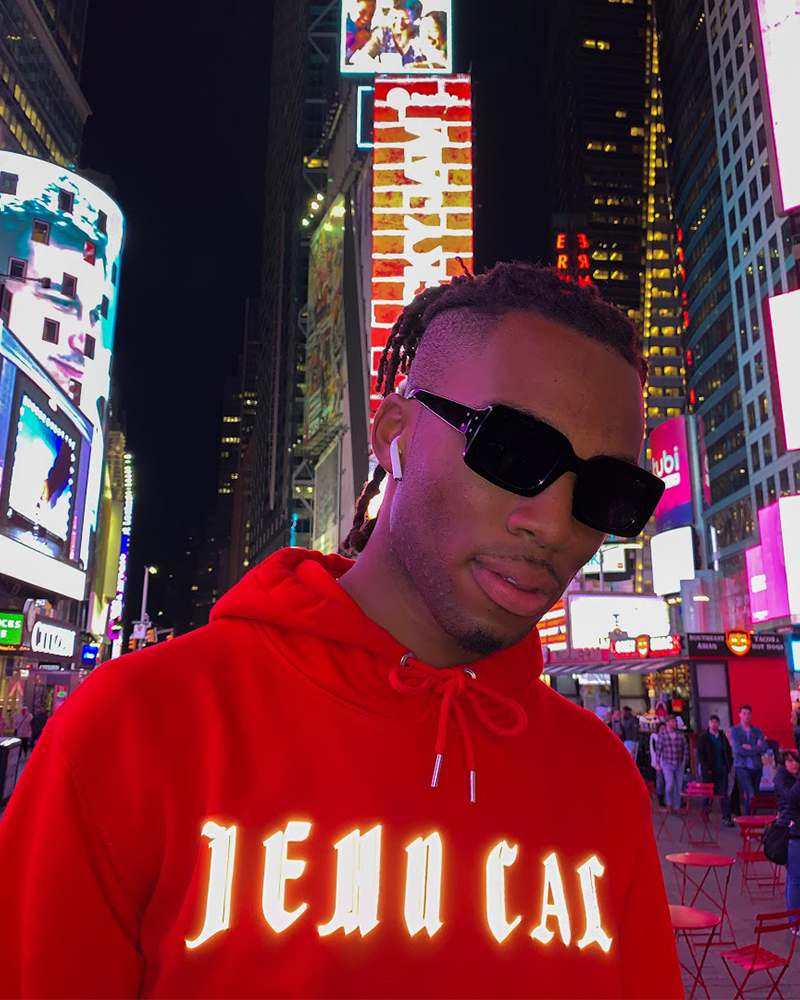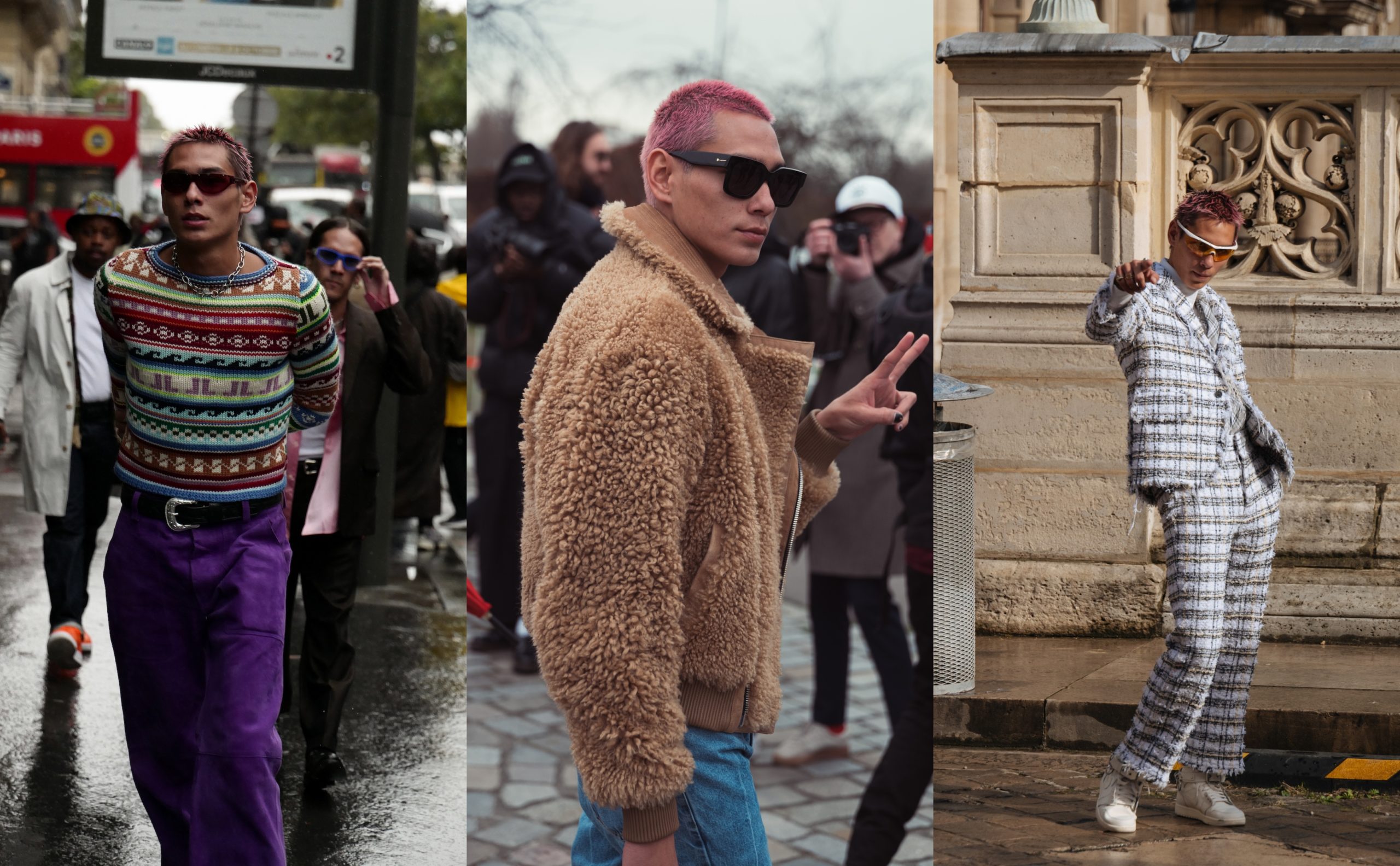“The combination of being into fashion, not being able to afford it and being mocked for this is definitely what sparked the desire to have my own clothing line and I tweeted this when I was 15.”
From the culture, for the culture is how we’d describe the emerging brand that is Jehu-Cal.
Take a deep dive into the thoughts and journey of the brand thus far with the Founder Jehu-cal Emmanuel Enemokwu, interviewed by Rhys Marcus Jay.
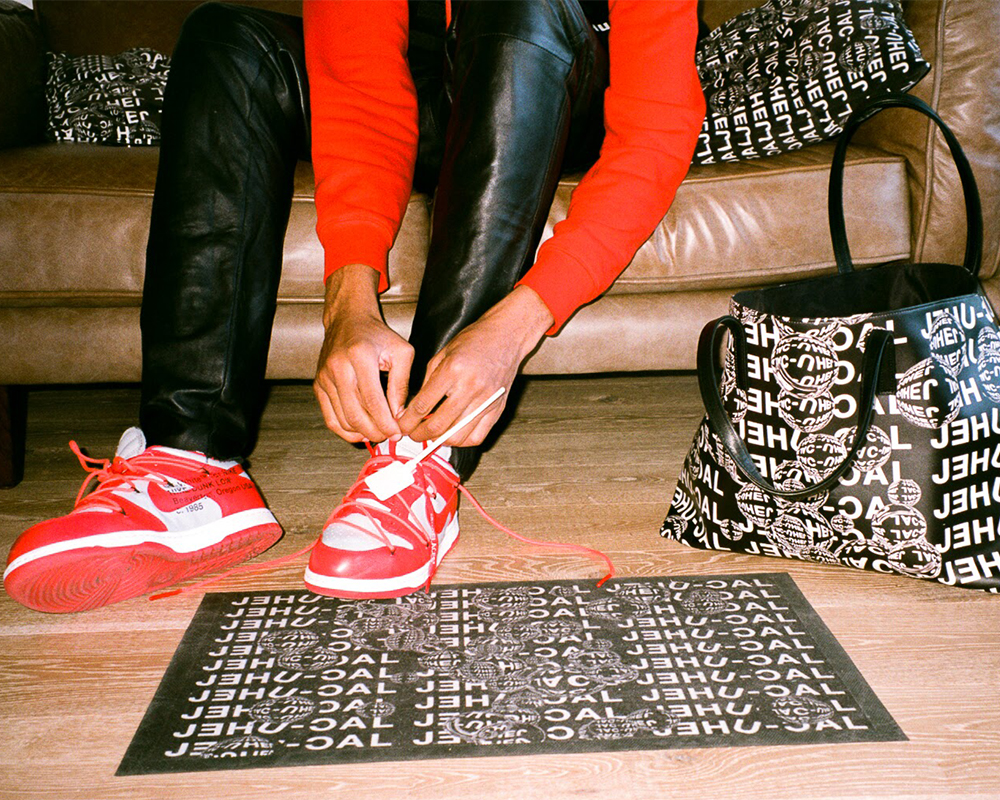
Describe what life is like for you at the moment as a Designer?
First off, the current Coronavirus situation is very scary and has sadly taken many lives. My prayers are with everyone that has been and is currently affected by it.
Speaking solely from my perspective as a designer, life is good, word to Future. Right now, I’m completely out of my comfort zone, which means the only thing I can do right now is grow. I won’t front, the first week of lockdown I was smashing PS4, but then I realised the worst thing I could do is come out of lockdown the same person I was when I came in.
I copped online classes in Adobe & design and was waking up every day at like 8 am to do the online classes and work on new designs. I felt like I needed to keep myself productive. I’ve learned a lot of new stuff that if I was living my normal busy life, I would never have picked up on. I definitely feel like Jehu-cal is in an even better place creatively right now.
The fact I can’t go outside, has really forced me to think of new creative ways to shoot lookbooks, did you see the Jehu-cal Clouds advert I did? Sh*t is fire, I literally learned how to do all of that like 3 weeks ago lmao. Everything is a new challenge right now and I thrive off of difficult situations.
I run Jehu-cal by myself, so even though I’m referred to as a designer, I also do the marketing, finance etc. which was easy at first but as the brand has grown, each task is becoming more time-consuming. But this period of lockdown has been the first time I’ve been able to properly sit and design for days on end since 2017.
May you give us a bit of background to yourself and your brand: Jehu-Cal?
My name isn’t even Emay, its Jehu-cal, so I guess that makes me a catfish? I was born in London and the kids in my class picked on me because my name is so unique. I got into a lot of fights in school and eventually, they said you either leave or we will expel you.
My family decided to move us out of London and basically start again, when we moved I changed my name from Jehu-cal to my middle name Emmanuel, shortened down to Emay. I guess this was so I could really feel like I was starting again.
In high school I started to get into fashion, this was mostly due to my taste in music expanding from top 40 charts to looking at a lot more international artists like A$AP Rocky, Travi$ Scott, Kanye, Flatbush Zombies, and Tyler The Creator. I really liked their music videos and the clothes they’d wear and I would spend hours researching their outfits but unfortunately, I couldn’t afford to drop 3 hunnid on some Margiela or even Supreme.
At the same time, I was starting to get into trouble in school again as people found out my real name and the jokes around that started again. I moved to Hertfordshire so there were like max 8-10 black boys in my year group so there were a lot of jokes made about my race, me being African (Nigerian), having big lips etc as well as not owning the cool clothes everyone else was wearing.
The combination of being into fashion, not being able to afford it and being mocked for this is definitely what sparked the desire to have my own clothing line and I tweeted this when I was 15.
Fast forward to the end of my first year at university and I was working part-time and was getting sick and tired of being told what to do all weekend just so I could afford to buy a couple of new pieces of clothes at the end of the month. So I did my Googles, saved up, quit my job and released the first tee from JEHU-CAL, the ‘NEVER BEEN SAFE’ tee.
I created JEHU-CAL so I could finally have full control over my life, my income and be able to produce the clothes I wanted and turn the name I was once mocked for into my success story.
What does Jehu-Cal mean? It symbolises freedom right, can you elaborate on this and explain what freedom looks like for you today and how that will impact your future self?
The biblical meaning of Jehu-cal is “God is able”, that means God is able to do anything, so as long as I have God with me I to can do anything. So yeah, I guess I have the freedom to take any path I want in life.
Freedom to me is being able to live in the world of Jehu-cal. I don’t have a boss I have to answer to, I don’t have to work a specific set of hours, I don’t have to request time off. If I decide I want to take 4 months off from Jehu-cal to focus on my mental health and come back stronger, I can do that, I did that in 2017 summer.
If I want to wear a tracksuit to Parliament to give a speech to MP’s I can do that and no one can tell me otherwise, because this is my world and I did that last year in August lmao.
I’m exploring life in my own way on my time.

What does Jehu-Cal mean? It symbolises freedom right, can you elaborate on this and explain what freedom looks like for you today and how that will impact your future self?
The biblical meaning of Jehu-cal is “God is able”, that means God is able to do anything, so as long as I have God with me I to can do anything. So yeah, I guess I have the freedom to take any path I want in life.
Freedom to me is being able to live in the world of Jehu-cal. I don’t have a boss I have to answer to, I don’t have to work a specific set of hours, I don’t have to request time off. If I decide I want to take 4 months off from Jehu-cal to focus on my mental health and come back stronger, I can do that, I did that in 2017 summer.
If I want to wear a tracksuit to Parliament to give a speech to MP’s I can do that and no one can tell me otherwise, because this is my world and I did that last year in August lmao.
I’m exploring life in my own way on my time.
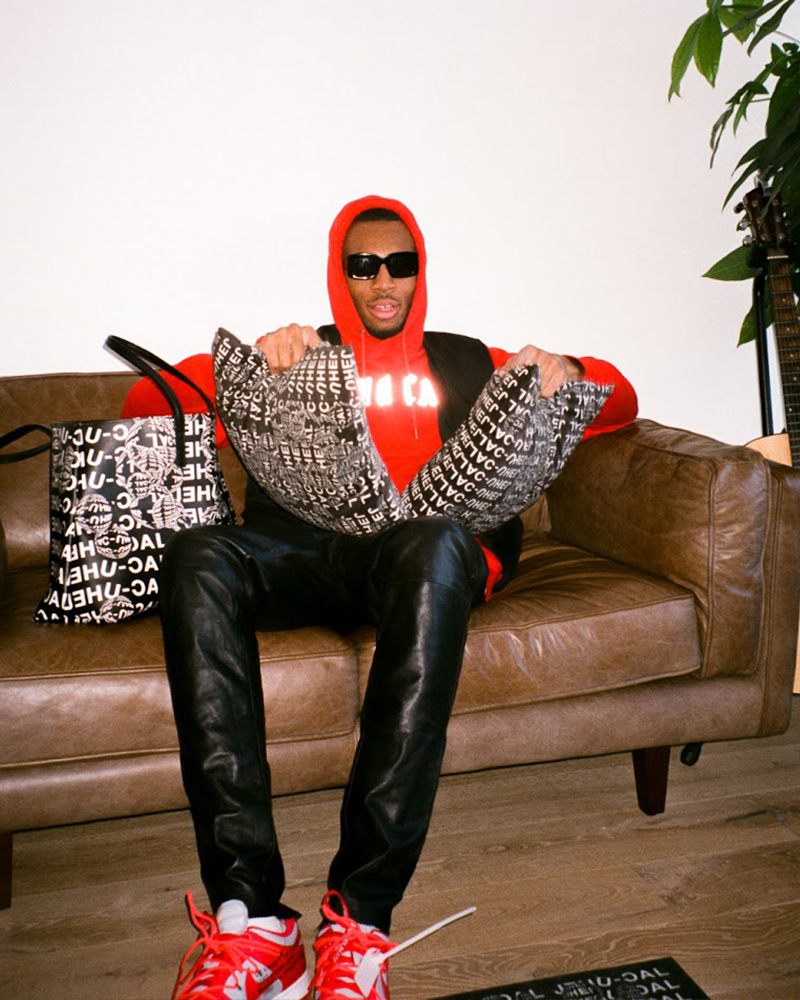
You mentioned in an interview with the BBC that you wanted to merge your accounting degree with your love for fashion. What is it like balancing the ideas between the left (logical) side of your brain vs. right (creative) side of your brain?
When you break it down to the fundamentals all I do is make & sell products, it’s just business and it’s all good being super creative and knowing how to make all of these lovely designs but if you can’t even calculate your profit margin per product, analyse past sales data to forecast and set goals, then you may not grow as quickly as you possibly could or you might just sell at a loss.
-
- The creative side of my brain is the accelerator pedal in a car, I can go full creative and speed to my destination but I’m probably gonna crash into another car or go off-track.
- The accounting side of my brain is the steering wheel and brakes, the accounting side helps to direct my creative side. I might have this sick idea for a tracksuit that I’ve designed e.g the Till forever tracksuit in 2017 and I’m super excited to release it, but the Accounting/Business side of my head recognised that I wasn’t ready to go down that path yet and still had a lot to learn before developing something so complex. So we turned the wheel a bit, slowed down and took a slightly longer route before reaching the destination of the “Till Forever” tracksuit.
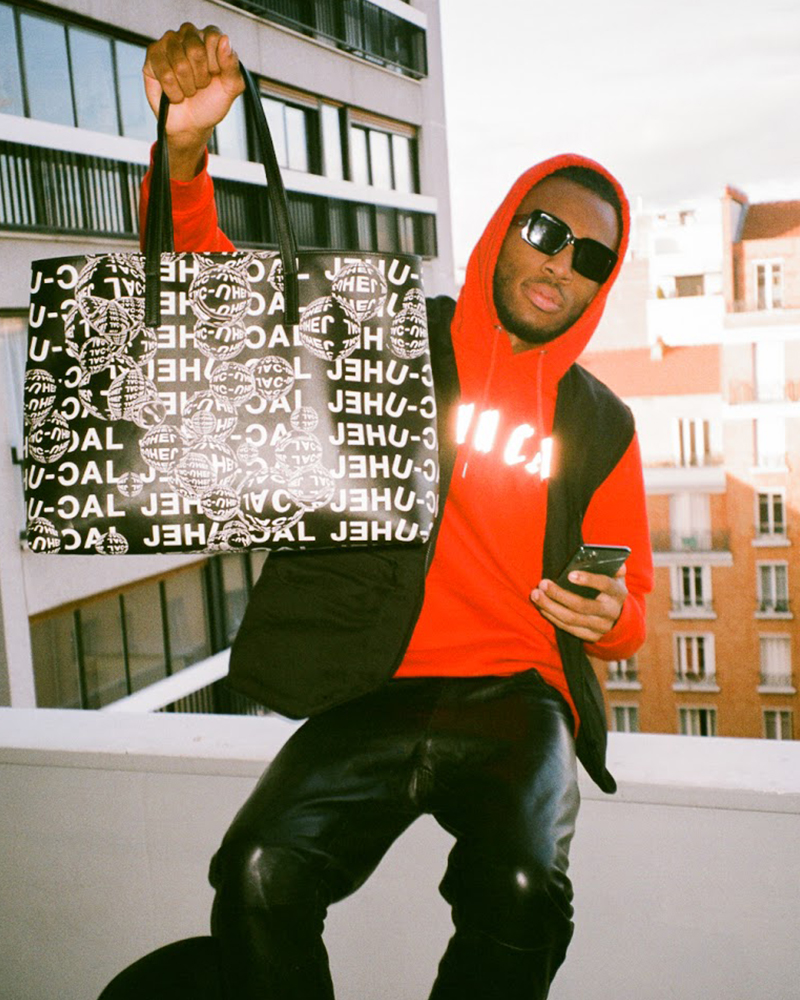
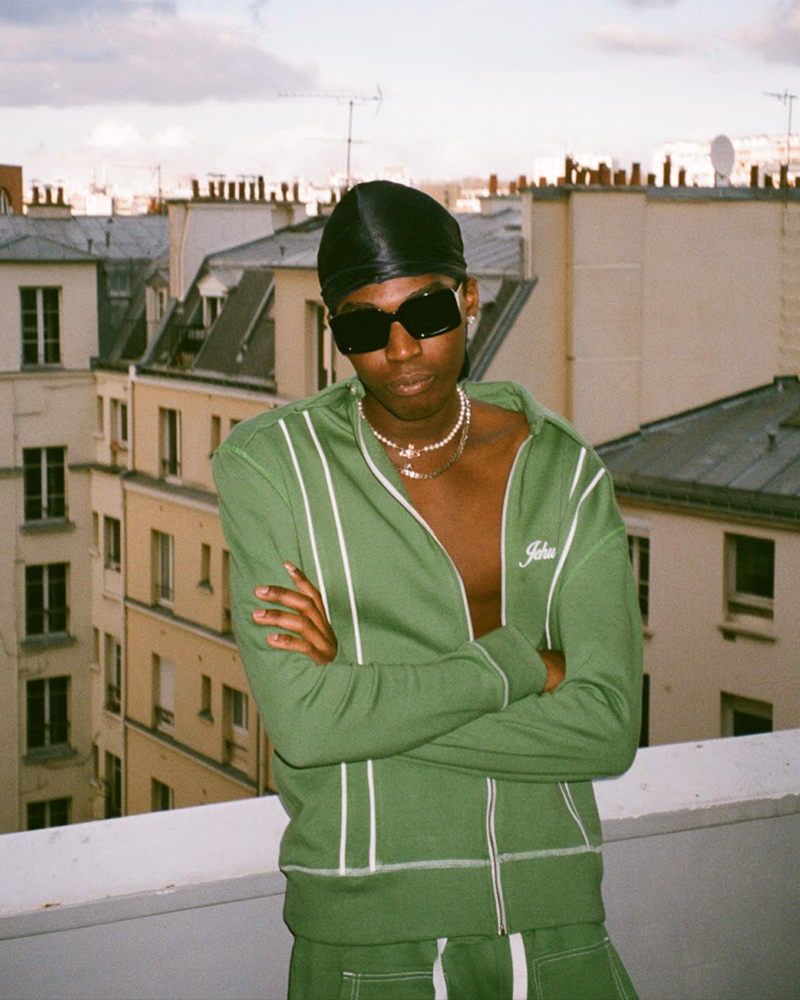
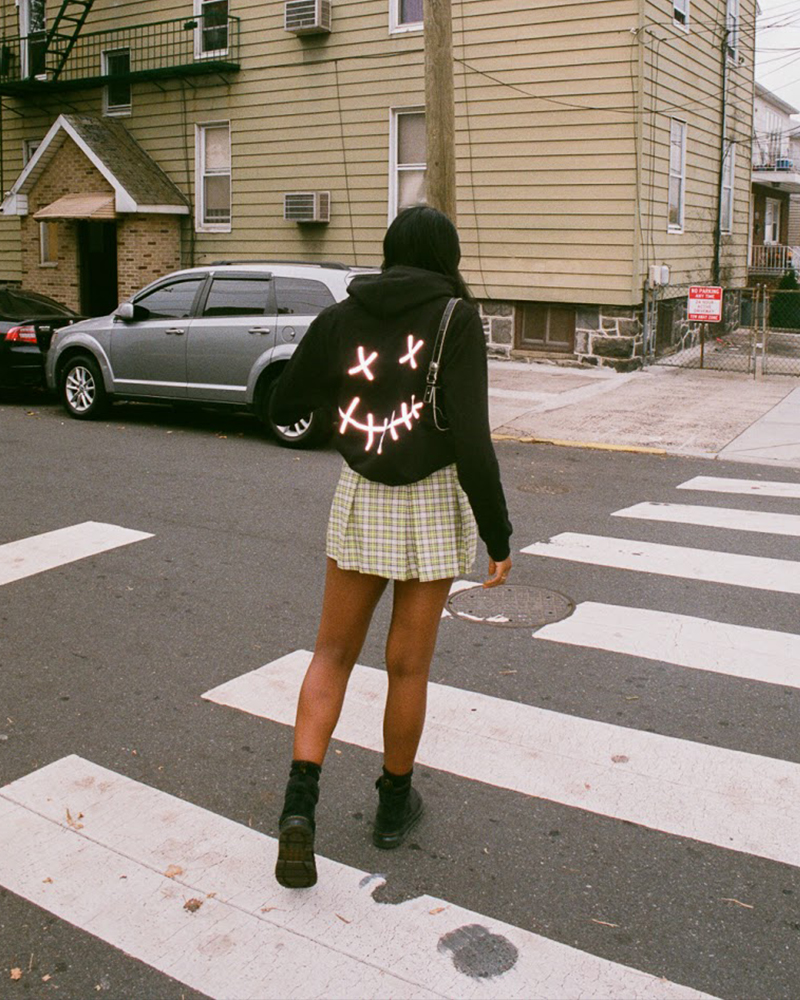
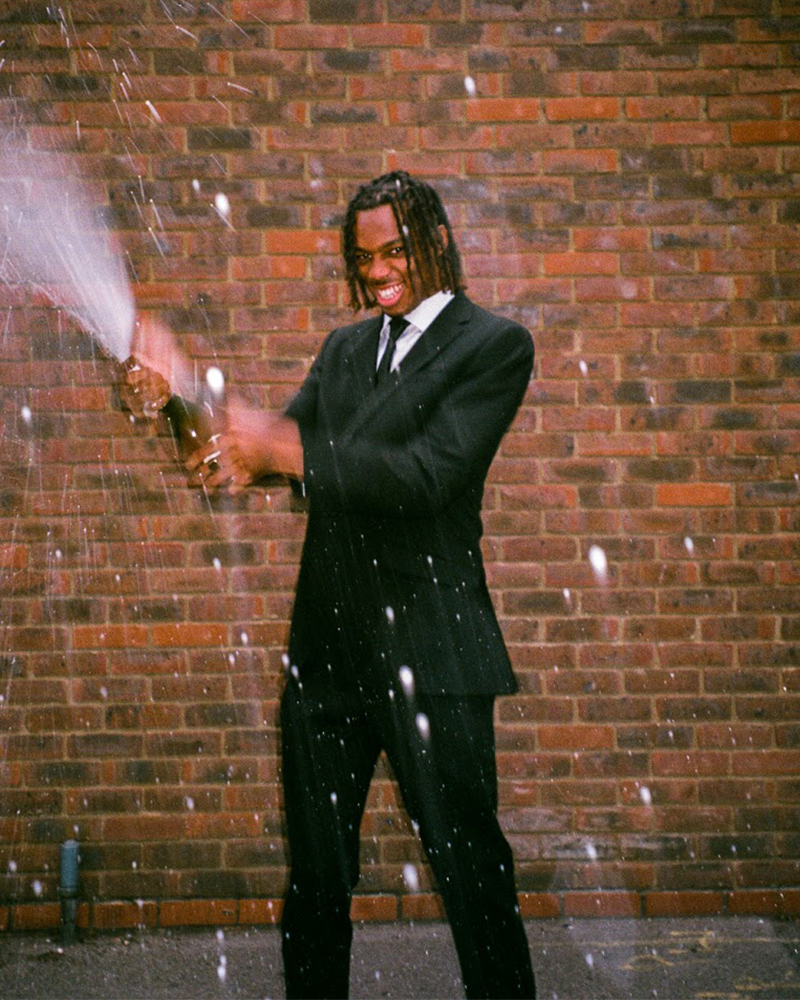
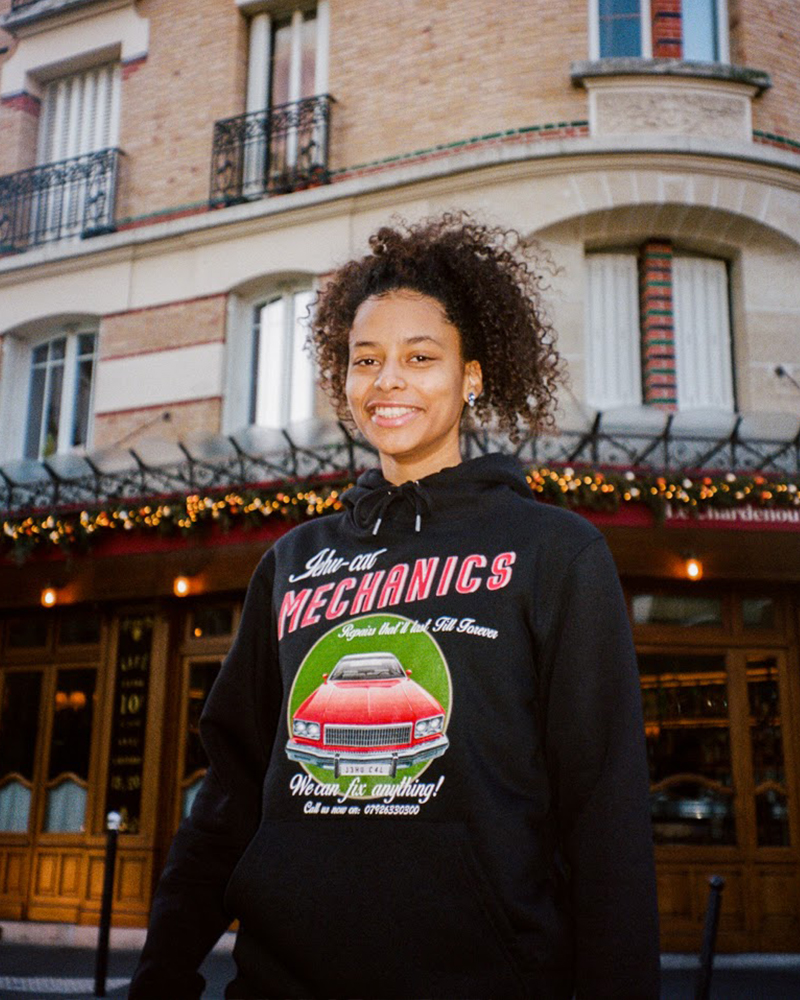
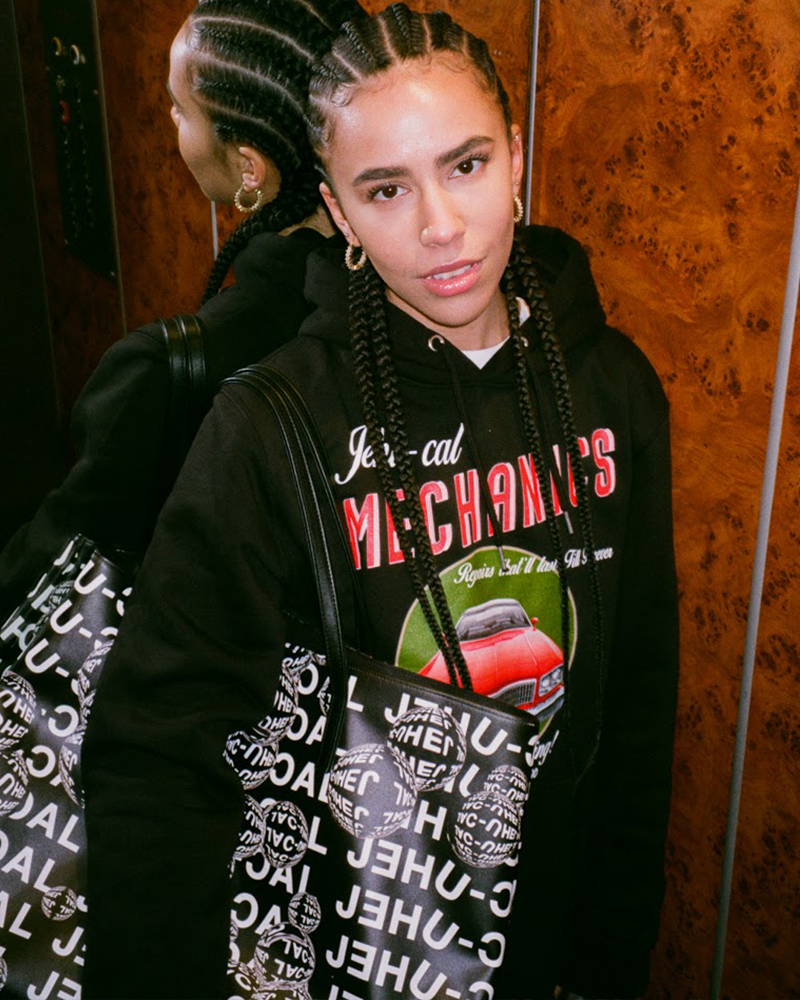
Let’s talk uni, are you reaping the return on that investment?
On my personal statement when I applied to university I said “I’m coming to university to gain the skills I need to create a successful business that will be internationally recognised. As of last week, Jehu-cal has received orders from Ireland, Scotland, Wales, Spain, France, Portugal, South Africa, Romania, South Korea, Japan, Singapore, Australia, Brunei, Canada, at least 15 differing American states, Poland, New Zealand, Netherlands, Greece, Switzerland, Belgium, Sweden, Austria, Denmark, Norway, Finland, Italy, Germany, Albania, Jersey, England (including my neighbours on my street) and done pop-ups in Nigeria. So I think it would be fair to say that I’ve at least broken even on my investment into university.
I would probably even go as far as saying that I made ‘profit’ off of the investment in going to university. I didn’t realise how different my university experience was from other people’s until I started to discuss it with friends from different uni’s.
My university is the reason why I become acquainted with people like Daniel Rubin, the owner of Dune, who then gave me an internship in his company working in Design, PR, Merchandising and Buying all because he like Jehu-cal.
I can’t really go into details about everything else but I can definitely say I made the most of my time at university.
What skills did you gain whilst studying that you still use today?
I don’t think there is a single skill I learned at university that I don’t use in my life now, except how to make a medium Dominos pizza last 3 days. As I said, the whole point of going to uni was to pick up the skills I needed to start my business.
I would literally go to lectures to learn stuff for Jehu-cal, I would read ahead in some modules because I wanted to be able to come to class and ask questions that are relevant to Jehu-cal and get advice.
I started uni studying Business Management in the first year, I got like 96% and 94% in my accounting modules’ final exams for that course so I switched to accounting in the second year. Then in my final year, I took on extra modules and did Merchandising, product Design & Buying alongside my accounting degree. So I really tailored my degree to what I needed. I still use some of my revision notes to this day.
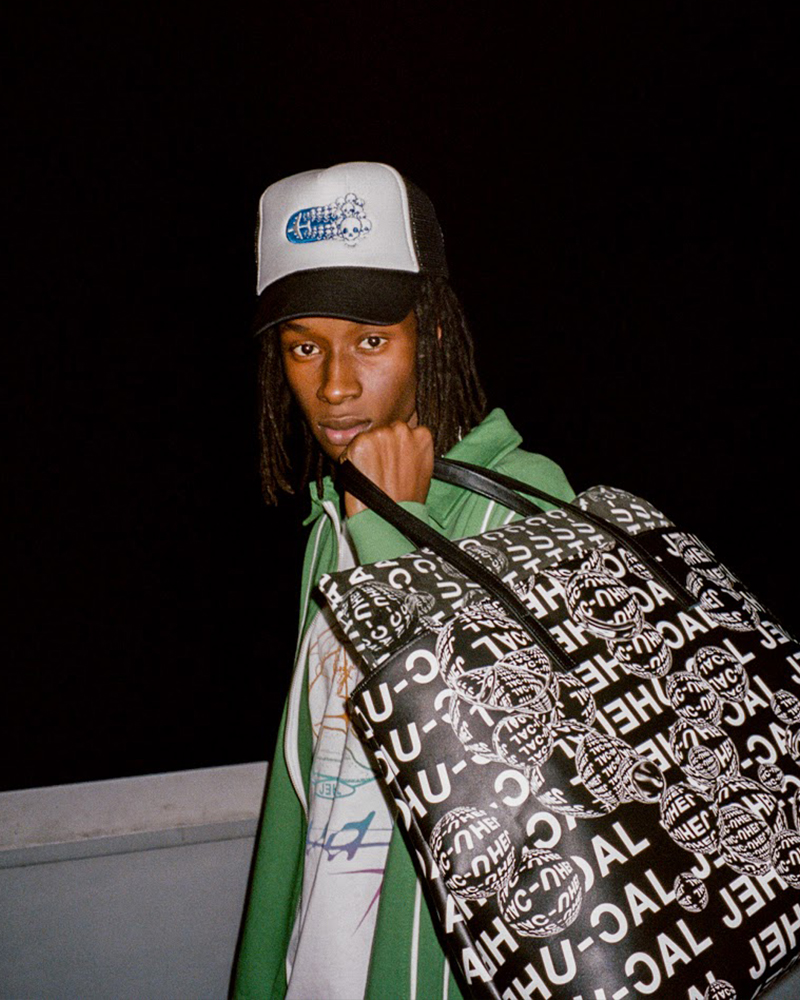
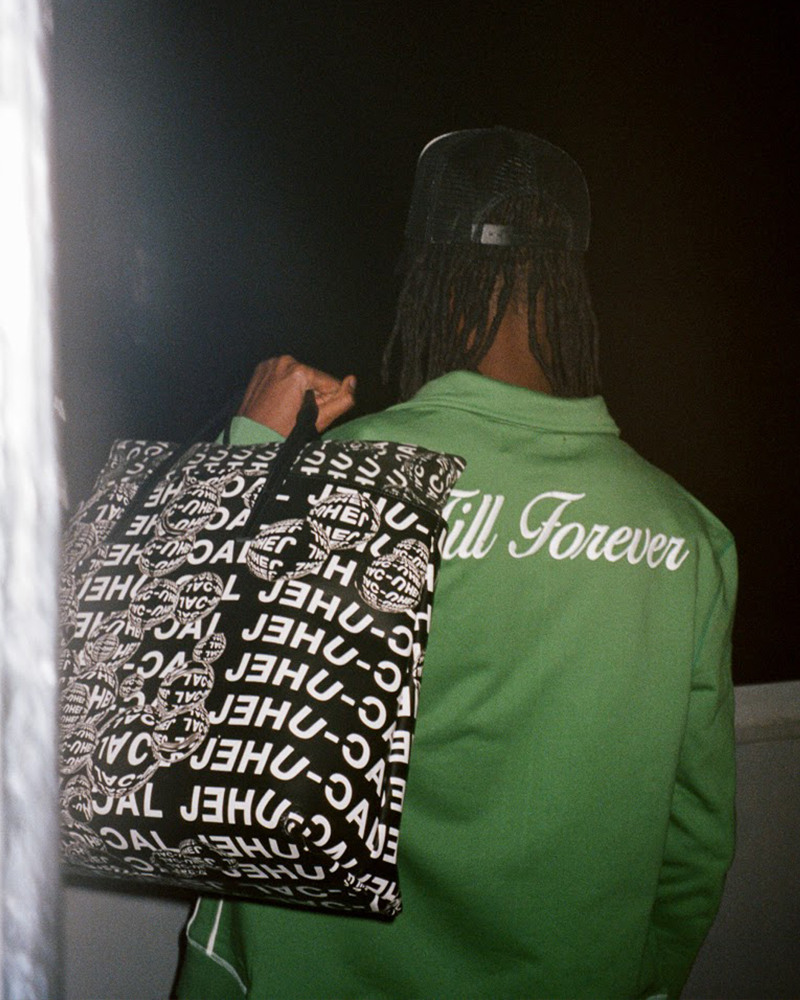
We understand that you produce your own promo graphics and designs, is this what it takes to be self-made in 2020?
Yeah, all the graphics are done by me except where stated i.e Project Purify collabs. You don’t need to be an expert in design but you definitely need to have a decent level of knowledge in it and should be constantly learning. I see a lot of brands going stale because the owner isn’t studying their craft, learning new skills, innovating etc.
Innovation goes hand in hand with success. If I was still making tees on Microsoft word you think this interview would even be happening right now? F*ck no, because people would get bored of seeing the same sh*t from me over and over and eventually stop buying.
I have ideas around the clock, I’m currently trying to work out how I can live by a 26-hour clock, but if I have an idea at 3 am I don’t want to have to wait until a graphic designer can do it for me in 3 working days. If I don’t know how to do it, I’ll sit on YouTube watching tutorials and I promise you I’ll know how to do it by the end of the day.
It’s also important that you’re not completely reliant upon someone else. If I never learned how to design and simply paid someone to do it for the first few years of Jehu-cal and then me and that person fall out for whatever reason, I’d be stuck right now. This goes for everything though, I have a network of about 15+ different manufacturers across the world so if one closes or messes up, I’m not stuck, I can just focus on something else for a while and keep it pushing.
What short and long term projections do you have for your brand?
My response to this is rule number 2 of Biggie Small’s 10 crack commandments: “never let ’em know your next move”.
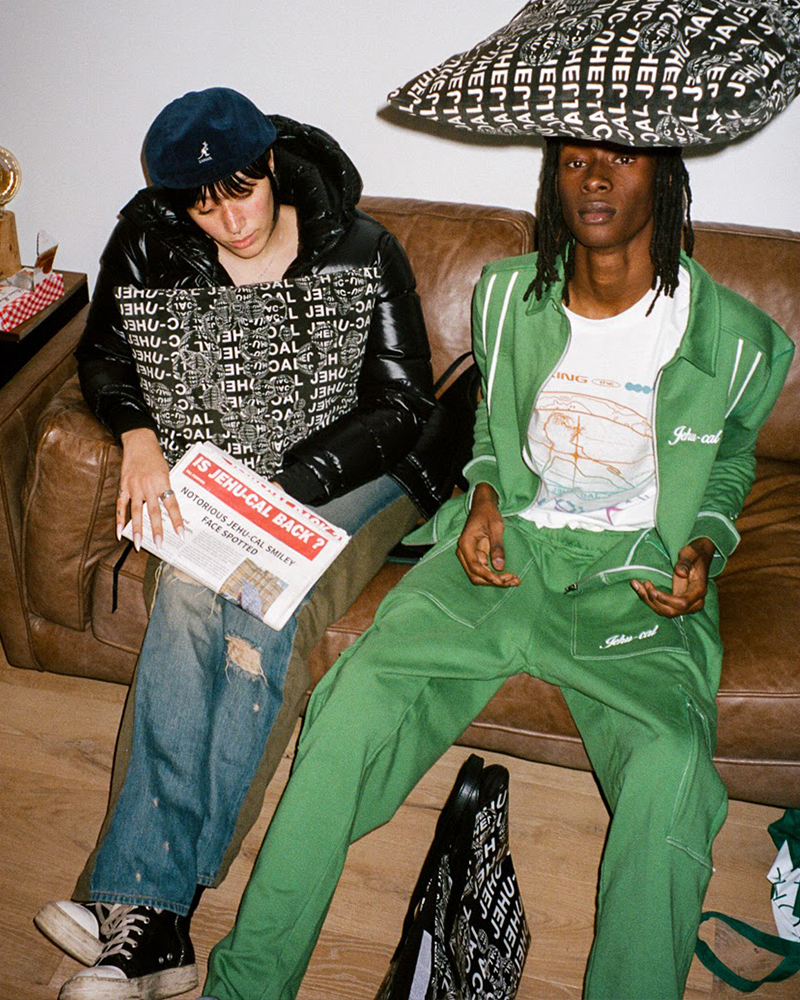
Where do you think your brand slots in more, Streetwear or Designer-wear?
For the last 4 years I’ve been studying the game, learning how to design, market, provide excellent customer service, building my network, interning, shadowing etc. whilst releasing some Jehu-cal products on the way to keep myself afloat. Jehu-cal feels more like an experiment sometimes because I spend 90% of my time learning, analysing and researching and then I conduct the test by releasing products.
My vision for Jehu-cal is to fill that middle ground between Streetwear and Designer-wear. The quality of Jehu-cal garments is definitely luxury, especially everything released since Project Purify began. Quality and sustainability are my main focus. You see how they can pull up Louis V pieces from decades ago and they still look fresher than a lot of fast fashion brands clothes after 2 washes? That’s my aim with Jehu-cal, pieces that last Till Forever.
Plus I don’t just make clothes, Jehu-cal released its’ first homeware collection earlier this year, dropping velvet pillows and doormats. I don’t see many upcoming brands doing that, but they probably will now they’ve seen Jehu-cal do it haha.
The Till Forever tracksuit is the best example of pushing into more designer wear, it has a really unique silhouette for a tracksuit, its’ a combination of a casual tracksuit and an elegant 2 piece set. The fabrics, tailoring etc. is our best yet.
The more I learn, the closer I’ll get to turn that vision into reality.
How do you feel about the “recent” merging of the two?
I think it’s pretty cool from a design perspective because it is definitely upping the levels. Previously you could get away with a cheap screen printed Gildan tee, now people are demanding a much higher standard when it comes to design, so I like it.
You’ve collaborated with the huge sportswear brand, Nike, can you explain what the lead up to this looked like for you, first hand?
This was insane, I was literally just at my crib cooling off and then I got a DM saying “hey we love Jehu-cal and want to do a shoot for some Nike FC stuff mixed with Jehu-cal”. (I think they said they saw me in Guap magazine…) For this shoot I got to bring my friends/sister in with it and they were like “name your price” which I can’t disclose, but it was insane.
Then the day came around and we linked up at this hotel, and they had rails on rails on rails of Nike stuff for us and trainers and they were just being driven around to various locations around London to shoot a video/lookbook and it was pretty fire. I was just super happy that I got to work with Nike and bring in my friends/family.
I’ve done other stuff with Nike like be part of the panel discussion at their London:ON AIR event, give talks on sustainability and some other private panel talks with their US design team. The fact all this has come from a brand I started in my university room in my first year is insane, all praise to the most high, I hope I can continue relationships like this and bring all my people in.
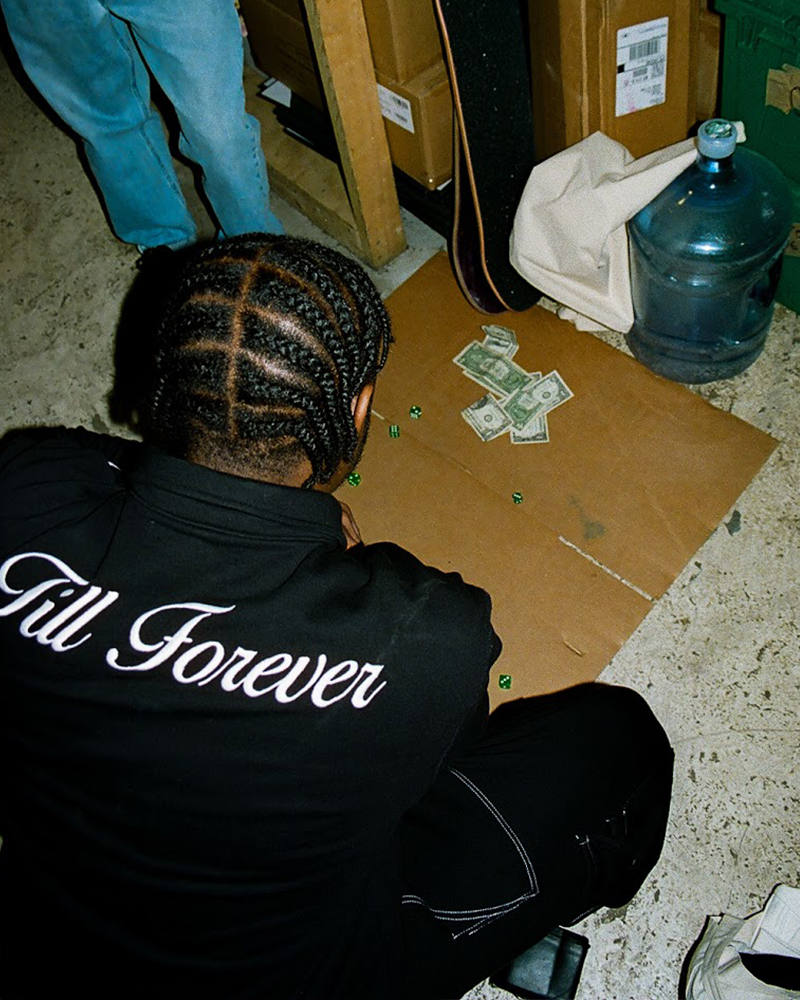
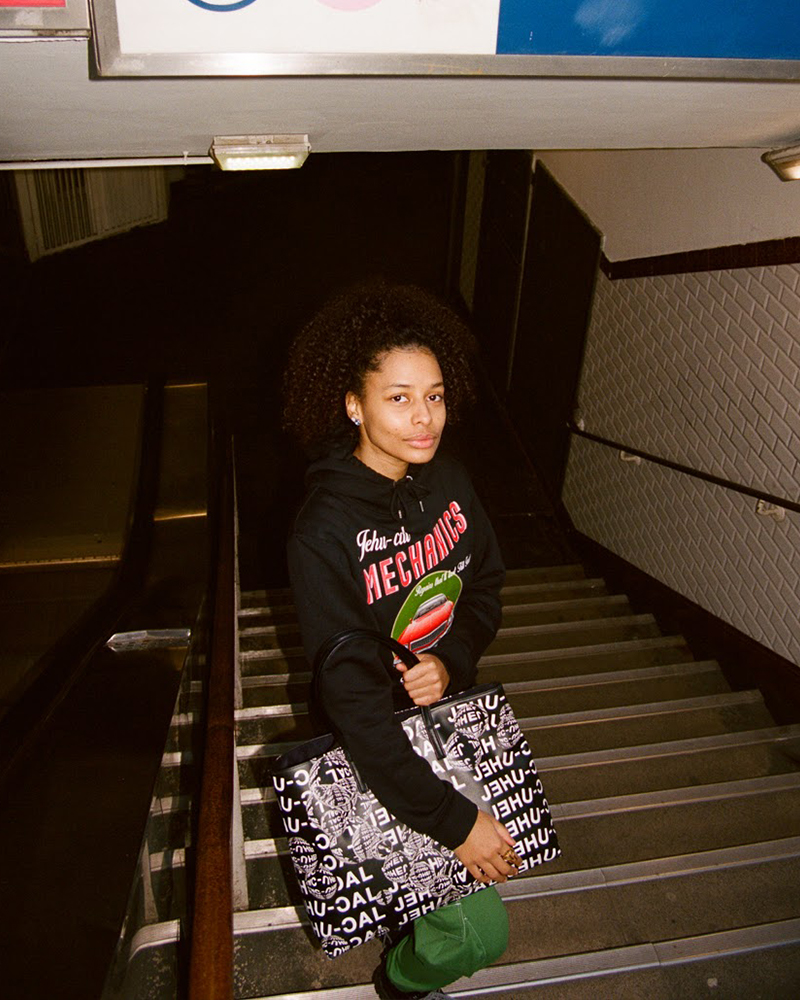
Over the last 5 years or so, we’ve seen raffle winners and resell culture grow even larger year by year. Supreme and brands as such pride themselves in selling out quickly, as well as supplying the demand for the “niche audience” in the market. Being that you have a young brand, what are your thoughts on competing with brands like that in the marketplace?
Probably sounds cliché but I’m not competing with anyone. For the accounting side of my brain, my competition is last years, weeks or months revenue/profit.
For my creative side, my competition is last year’s/week’s/month’s designs, quality, sustainability etc. I’m always trying to do better than I did before, the Till Forever tracksuit released in black and white first, I then used that as my competition for the green colourway by aiming to sell more within a certain amount of time, have a better marketing rollout etc.
If my focus is on competing with other people, then this becomes work and no longer fun. Jehu-cal stays fun because my focus is on being a better designer than I was the year before.
Supply and demand, what are your thoughts on this?
I actually wrote a Twitter thread on this the other day which perfectly describes my feelings on this perfectly:
“If you’re starting a brand or currently running a brand, it really does not matter if your sh*t doesn’t sell out within 5 mins like Supreme.
I know it’s very easy to think “damn if I don’t sell out within 30 mins people are gonna think my brand is whack and laugh at me.” But this is definitely the wrong way to think.
Your focus should be on getting the perfect balance between customer demand & stock available. But you’ll never actually achieve perfection because your brand should be constantly growing. It’s a race you want to win but don’t want to win at the same time.
I’m seeing guys put 2 units of each size on their site just so they can say they sold out within 10 mins. Terrible business. As a start-up business, your focus should be on increasing awareness (organically) and generating revenue for investment in innovation.
What’ll have more impact: 100 people wearing your Brand, telling their friends about it, & £3500 available for reinvestment or 10 people wearing it, you doing an IG post to your limited following base saying you sold out in 10 mins & £350 in your pocket. Think about it.
This is based on your tees selling for £35 btw.”
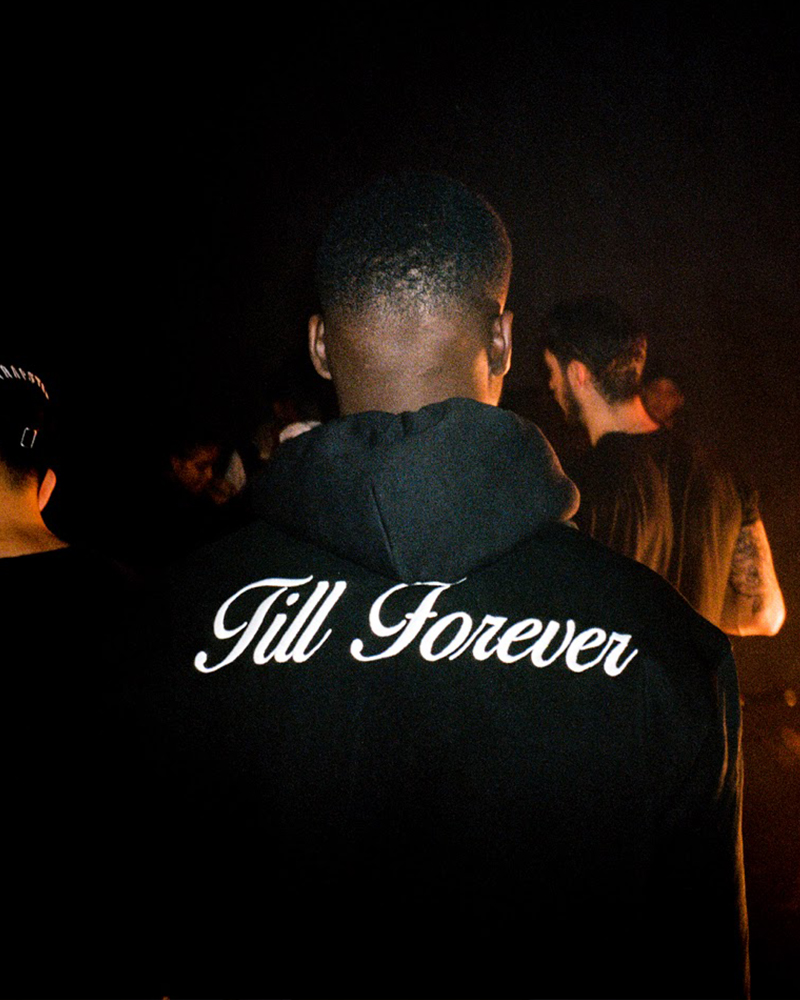
How would you describe your brands’ contribution to the marketplace?
There are two contributions. The first is that I’m a young Nigerian that has taken the name he was mocked for in high school; a dream possessed since 14 years of age and turned it into an internationally recognised brand. Even if my story only manages to convince one black boy/girl to chase their dream and live off of their ideas, then that is enough for me to say I’ve managed to at least positively contribute to one person’s life.
The second contribution is Jehu-cal’s focus on sustainability and denoting its’ importance in the design process for any current or aspiring designer. In 2018 I realised that I wasn’t really contributing much to the market except some more cool new tees and hoodies, I also discovered how polluting the fashion industry is.
After some research, I struggled to find cool sustainable brands. That is when I decided my contribution to the market will be denoting the importance of sustainability in fashion and showing you can still have cool clothes for a reasonable price that are made with more thought than just “is this on-trend?”
(Side-note) I get a lot of people messaging me/the jehu-cal Insta account showing me their designs and talking me through their process saying they get inspired by Jehu- cal’s communication of the design process.
